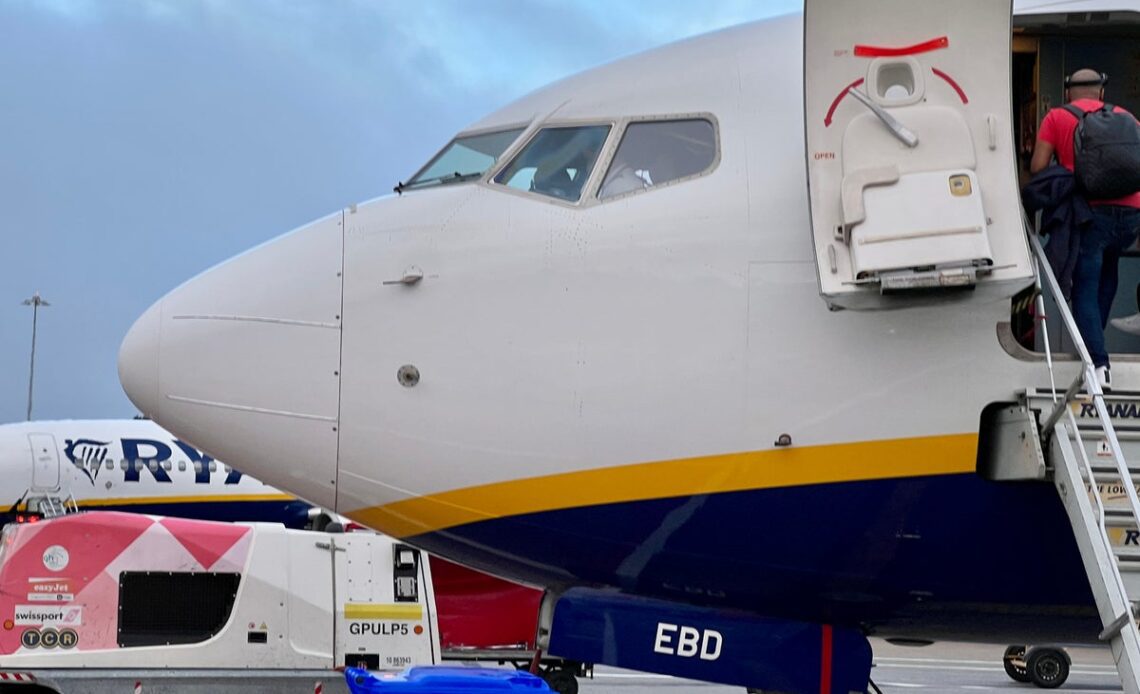Simon Calder, also known as The Man Who Pays His Way, has been writing about travel for The Independent since 1994. In his weekly opinion column, he explores a key travel issue – and what it means for you.
“Earlier in the programme, we referred to Michael O’Leary as chief executive of easyJet.” So began an apology on BBC Radio 4’s PM programme in October 2001.
It ended: “He is, in fact, chief executive of Ryanair.”
Radio 4 doesn’t make that kind of mistake any more. When the boss of Europe’s biggest budget airline was on the Today programme this week, he was correctly introduced – and his words were widely reported as heralding the end of the era of ultra-cheap flights.
“At the lower end of the marketplace, our really cheap promotional fares – the one euro fares, the €0.99 fares, even the €9.99 fares – I think you will not see those fares for the next number of years,” he said.
I happen to be an avid consumer of such fares. Indeed, I began my current North American adventure with a £12.99 hop from Luton airport to Dublin, in order to avoid the £84 UK Air Passenger Duty (APD) on long-haul trips.
So I am heartened to see that there is no end in sight to “really cheap promotional fares”. Next Wednesday, for example, you can fly from Dublin to Stansted for €10.99 (£9.30). In October, the standard fare on many flights from Manchester to the Irish capital is £12.99. Too much? Fly instead from Edinburgh to Cork for £9.99.
Similar fares are available to and from many cities in Continental Europe, too. A wide range of parties condemn such fares: environmentalists are horrified at the frivolous flying that they encourage, enticing people to take day trips from Britain to Ireland regardless of the damage they cause to the planet.
Rival airline bosses deplore the misplaced expectations such fares create. They fear prospective customers will conclude: “If I can get 90 minutes of flying for less than a tenner on Ryanair, why should another carrier charge me 20 times as much for the same journey?”
Of course Ryanair is perfectly happy to charge £200 or £300 where it can, which is when demand is strong – as it certainly is to and from the Mediterranean this summer. And Mr O’Leary’s comments are designed to manage passengers’ expectations of paying steadily more for their flights.
But the airline’s business model requires there always to be some ultra-low fares. Ryanair is “yield passive, load factor active”. That…
Click Here to Read the Full Original Article at The Independent Travel…
